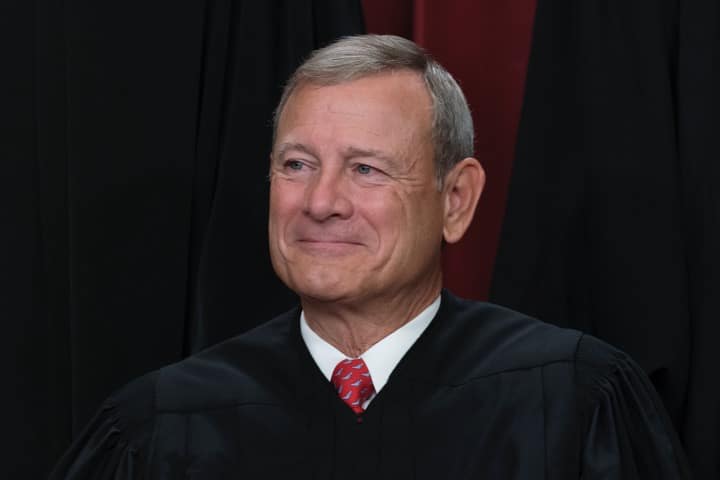by Joe Wolverton, II, J.D., The New American:

U.S. Supreme Court Chief Justice John Roberts issued a one-page letter refusing an invitation by the Senate Judiciary Committee to testify about Supreme Court ethics. The committee is investigating alleged corruption on the part of U.S. Supreme Court Justice Clarence Thomas, who is accused of having accepted vacations from a wealthy Republican donor.
Roberts’ letter demonstrates the chief justice’s attitude that his branch of the federal government is superior to its sister branches: the legislative and executive.
TRUTH LIVES on at https://sgtreport.tv/
The current chief justice is perhaps most infamous for rewriting the Obamacare legislation so that it would, in his opinion, pass constitutional muster. This was an act of legislating from the bench which is, ironically, just as unconstitutional as Obamacare.
Related to that, the attitude modeled by Roberts — as well as by most Americans today, having been taught at government-approved schools out of government-approved textbooks — is that the “Supremacy Clause” of Article VI of the Constitution makes the federal government superior to the state governments.
I’ve written thousands and thousands of words on that subject, but suffice it to say that the key phrase in Article VI’s declaration of the “supreme law of the land” is “in pursuance” of the powers granted to the federal government in the U.S. Constitution. Acts of the federal government that violate the limits on their authority are not the “supreme law,” and, in fact, are not law at all. Alexander Hamilton writes in The Federalist No. 33 that acts of the federal government “which are not pursuant to its constitutional powers” are “merely acts of usurpation and will deserve to be treated as such.”
Simple enough.
The next issue deals with the popular, though constitutionally contrary, idea that the Supreme Court is the final arbiter on all things constitutional. Support for this erroneous belief also arises from a misreading of Article VI.
Here’s the list of things that comprise the “supreme law of the land” as laid out in Article VI:
- The Constitution
- Laws passed by Congress, in pursuance of its constitutional authority
- Treaties
That’s it. Notice what’s clearly absent from that list? Yep. Supreme Court opinions.
That’s a very important absence. Most of the Founding Fathers who drafted or ratified the Constitution knew of a very ancient legal maxim that reads: expressum facit cessare tacitum, which, translated, means: “what is expressed makes what is implied silent.” In other words, if the Founders had intended to include Supreme Court opinions in the list of those things making up the “supreme law of the land,” then they would have done so. They didn’t, therefore they aren’t.
Read More @ TheNewAmerican.com



